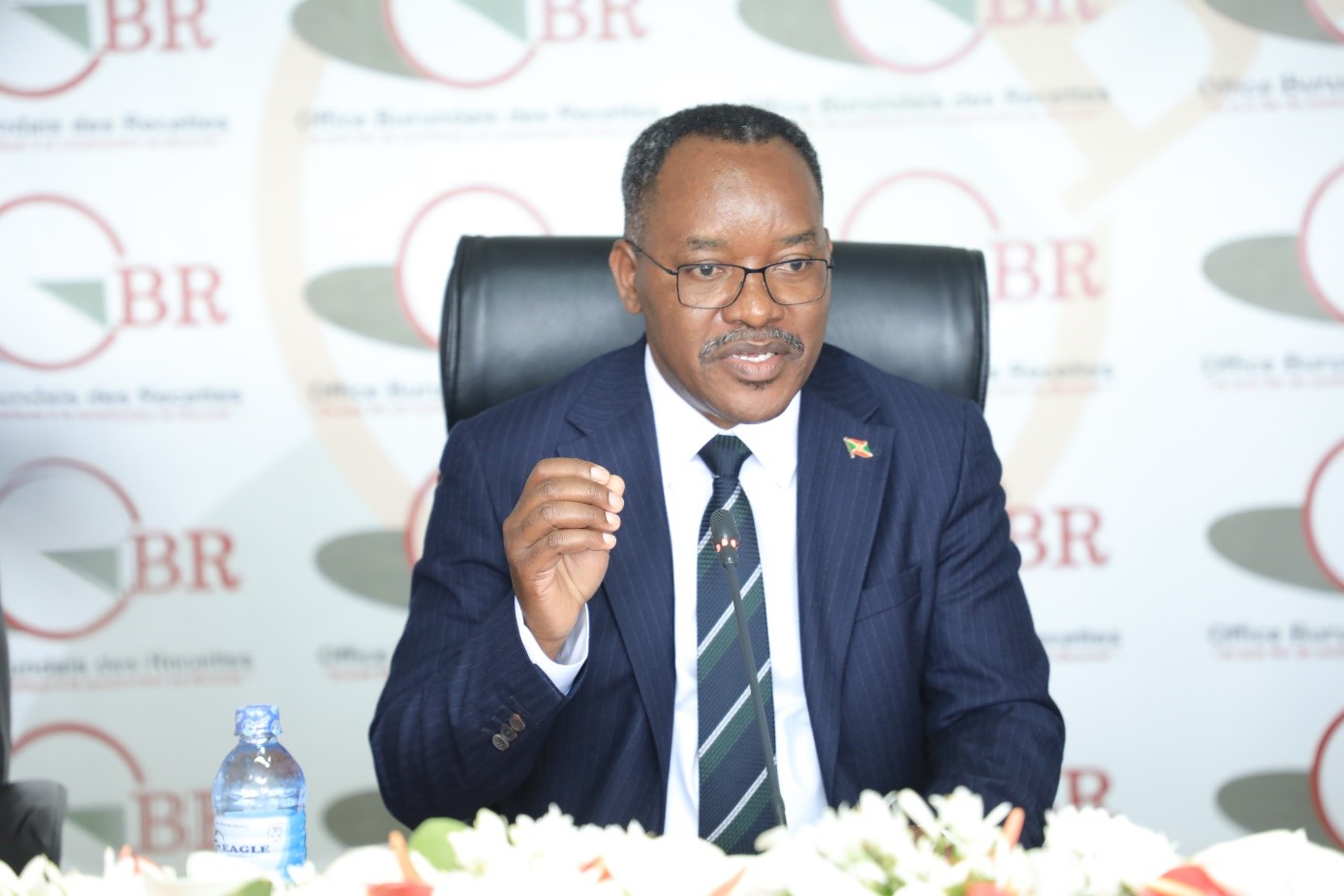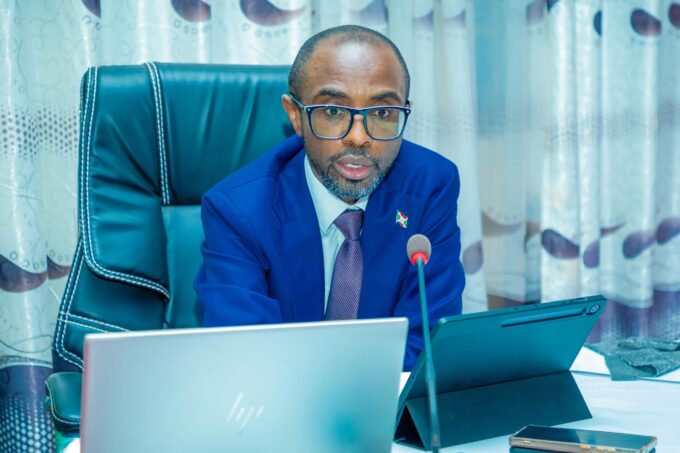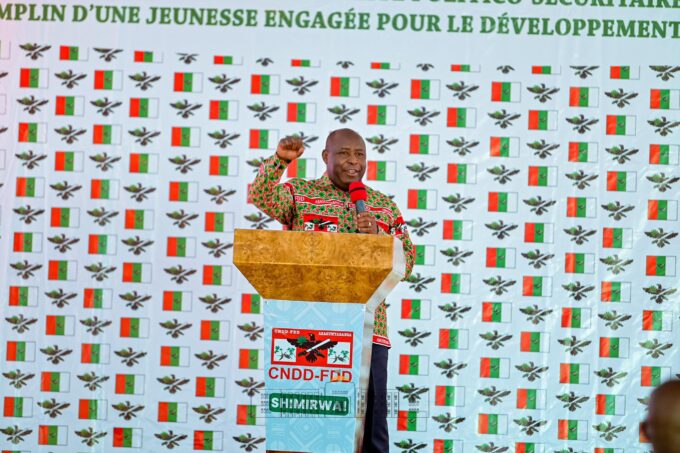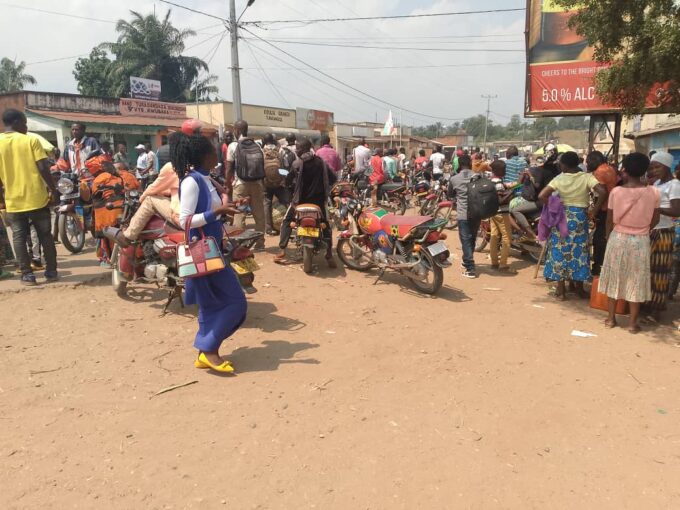Burundi’s economy is teetering on the edge of a crisis following a reported deficit of over BIF 1.10 billion in just four months. The alarming shortfall has sparked concerns about its potential impact on the nation’s budget forecasts and overall economic stability.
Audace Niyonzima, Burundi’s Finance Minister, revealed the figures last week, attributing the deficit to fraudulent activities within the Burundian Revenue Authority (OBR) and among certain taxpayers. Niyonzima issued a stern warning, promising severe sanctions for those found guilty of embezzlement or corruption.
“The revenue collection indicators of the last four months are not promising, partly due to the dishonest behavior of some OBR agents colluding with certain taxpayers,” he said in a statement.
The deficit comes at a time when the country is already grappling with challenges like a fuel crisis, foreign currency shortages, and the impacts of climate change. While OBR officials have pointed to these external factors, Niyonzima emphasized internal issues such as corruption and mismanagement, urging the submission of comprehensive tax bills to curb fraud.
The news has drawn sharp criticism from political and civil society leaders. Keffa Nibizi, head of the opposition party CODEBU described the situation as “shocking but not surprising,” calling on the government to implement bold measures to address the root causes of the deficit.
“The government must prioritize solutions to basic needs and consider reviving diplomatic relations with the international community to secure financial aid,” Nibizi told local media.
Meanwhile, Gabriel Rufyiri, president of the corruption watchdog OLUCOME, attributed the deficit to systemic issues plaguing the country, particularly the fuel crisis and foreign currency shortages.
The deficit underscores deeper structural issues within Burundi’s economy, raising fears of further disruptions to state budgets and essential services. With international aid largely reduced in recent years, experts warn that immediate and transparent reforms are critical to stabilizing the economy and restoring public confidence.
As the situation unfolds, all eyes remain on the government’s next steps to address the deficit and tackle corruption within its institutions.








3 Comments